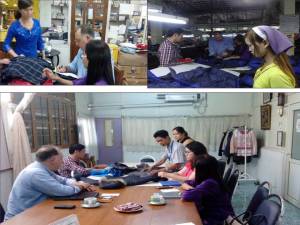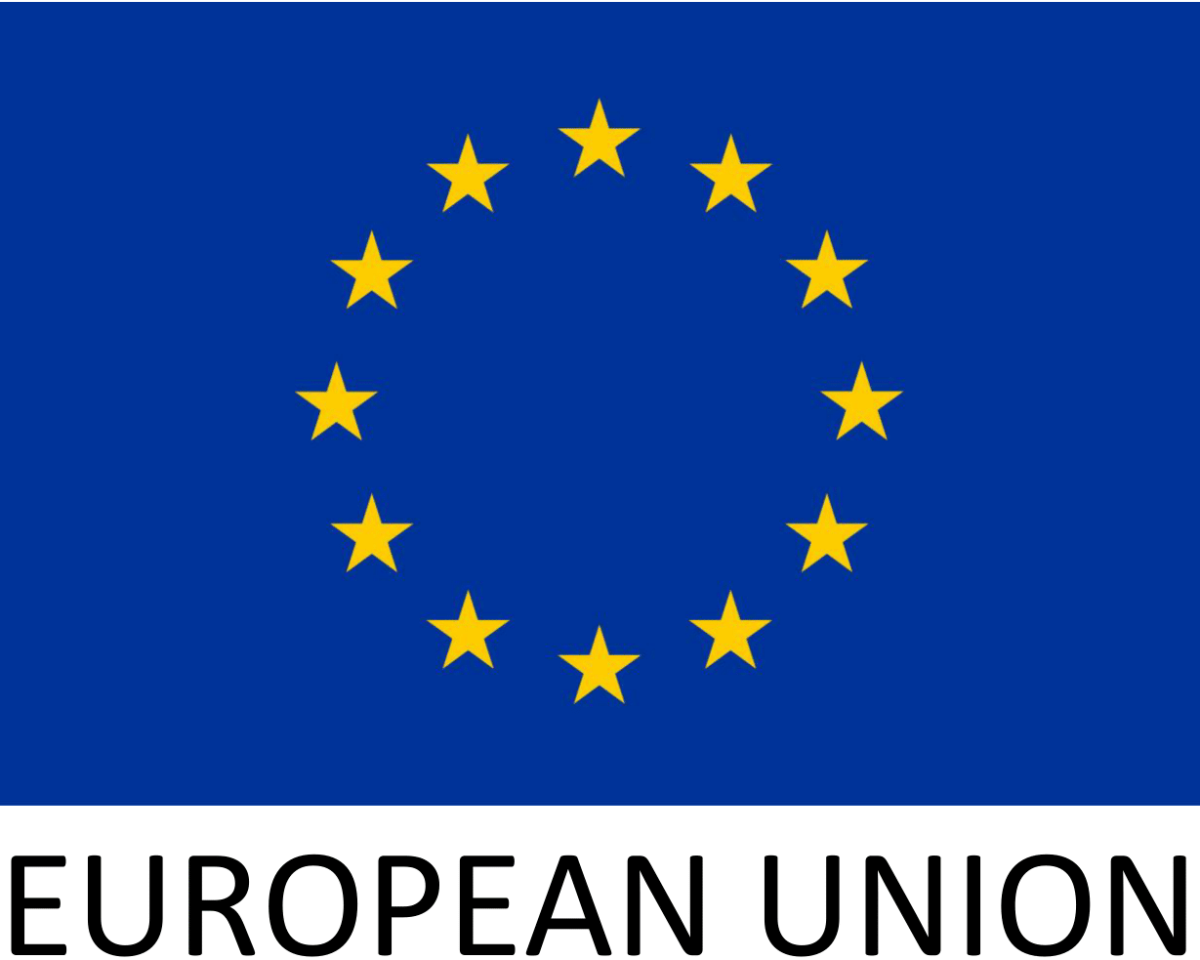 Foreign investors and international companies are increasingly looking at Myanmar’s garment factories as an attractive location for sourcing garments. The EU’s inclusion of Myanmar in its Generalised Scheme of Preferences in 2013 also allows Myanmar garment producers preferential access to the world’s 2nd largest consumer market.
Foreign investors and international companies are increasingly looking at Myanmar’s garment factories as an attractive location for sourcing garments. The EU’s inclusion of Myanmar in its Generalised Scheme of Preferences in 2013 also allows Myanmar garment producers preferential access to the world’s 2nd largest consumer market.
One of the several objectives of the SMART Myanmar project is to offer free-of-charge business matching between Myanmar’s garment producers and European buyers to promote “Made in Myanmar” products.
SMART Myanmar is working with 16 factories to help them increase their performance and productivity as well as their compliance with international social and environmental standards. “This general increase in competitiveness is a necessary first step to improve social compliance, it is rather a precondition for any further action”, said Project Director Simone Lehmann. Out of those 16 factories, the project team selected the ten best ones to be trained on social and environmental compliance standards. These factories are also being supported by SMART to increase their compliance standards by direct consultancies for the factory management on-site in the factories. “Sustainable changes in working conditions can only be maintained if the management develops its own policies and processes. SMART supports the factories in their own efforts.” says Simone Lehmann.
Through its matchmaking services, designed in response to a high industry demand, SMART Myanmar provides prospective European buyers with sectorial information, selects suitable factories, accompanies buyers to visit them, offers translation services, discusses with them their contribution to improve the factories compliance, and conducts follow-up services for both buyers and factories on a case by case basis. The project is now working on a service package to be marketed by the Myanmar Garment Manufacturers Association. SMART Myanmar has collected around 100 company profiles with detailed information on their production. These were then encoded in a database that serves as a basis for selecting the suitable factories for each buyer.
In a later stage, the project plans to put this matchmaking service online to facilitate access and exchange of information joining forces with a British government financed program called Pyoe Pin. Pyoe Pin is currently finalizing this e matchmaking tool.
In line with this, SMART was pleased to recently host another EU buyer interested in Myanmar’s sourcing potential. Mr. Harald Ludwig Springer, Manager of Production, Engineering and Social Compliance from JCK Holding from Germany recently visited garment factories in Myanmar. JCK Holding is a multifaceted group of companies that engages in business operations all over the world. During his one week stay in Myanmar, he visited some factories in Yangon and Pathein, a city located a four hour drive west of the capital and that has recently witnessed a boom in garment factory construction.
The SMART Myanmar project team accompanied Mr Springer and jointly visited several factories and demonstrated the strengths and challenges of the industry. “Myanmar's garment sector has many strengths” – explained Jacob Clere, Project Manager SCP at the Myanmar Garment Manufacturers Association - “among them its competitive labor costs, relatively high product quality standards, and its attractiveness as a new option for diversifying sourcing risk. However, the sector also has weaknesses: infrastructure issues – particularly insufficient electricity during the dry season – poor road networks outside of Yangon and a current dearth of deep sea ports. In addition, Myanmar has immature industrial relations and insufficient knowledge of European and American social and environmental compliance expectations. SMART is working with the industry and with the main industry association, the Myanmar Garment Manufacturers Association, to address several of these issues.”
The main objective of Mr Springer’s visit was to assess thoroughly how Myanmar garment factories are running and the current compliance status of the factories. The buyer was pleased about the current compliance level which will be further improved as a result of the buyers visit. The holding will place orders in at least two factories out of those visited.










